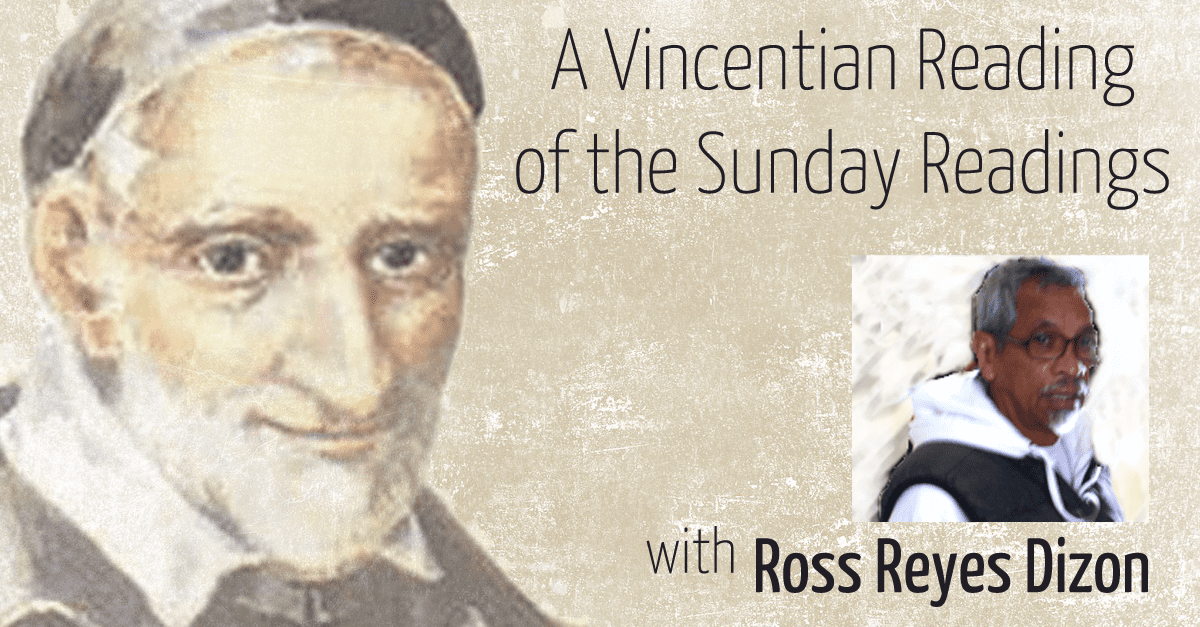Jesus is the help that comes from above. He is at once the unflagging prayer for the poor and the saving answer to their cries.
Jesus tells his disciples the parable of the widow and the judge. He wants to teach them how they should pray to the one who hears the cries of the poor.
They should pray to God as the widow nags the judge as she asks him for justice. That is to say, they should always pray and not get weary.
The judge who neither fears God nor cares about others does not heed her time and again. But time and again, too, she comes to him. In the end, she so annoys him that he can take it no more. So, he gives in just so she leaves him alone once and for all.
But done with telling the parable, Jesus highlights what the dishonest judge says. It means that there are two more lessons about prayer that the disciples have yet to learn.
In the first place, they are to have trust when they pray. For if the bad judge does justice to the widow, then God will hear the cries of his chosen ones. After all, he is very good. He will promptly do right by those who cry out to him day and night; they need not wait.
In the second place, the disciples’ prayer cannot but be cries for justice. Christians are to stay true to the prayer their Lord has taught as it asks: “Your kingdom come.” And to say “God reigns” is to say “Justice reigns.” In fact, St. Matthew says that to seek the kingdom of God is to seek justice at the same time.
Jesus’ cries for justice
Jesus tells his disciples, yes, to ask for justice from God always, tirelessly, with trust, with loud cries, too. And their Teacher does what he asks them to do. That is to say, he practices what he preaches; with him, words come hand in hand with deeds (SV.EN IX:327).
So, Jesus prays. He “is always before the Father in prayer” (TWVDP 32). Texts from St. Luke, in particular, prove true such saying about Jesus’ prayer.
And we read, too, that Jesus cries out loud as he prays: “My God, my God, why have you forsaken me?” (Mt 27, 46; Mk 15, 34); “Father, into your hands I commend my spirit.” Yes, “he prays with loud cries and tears to God.
But such prayer with loud cries and tears does not mean resignation in the face of injustice. Like the widow, Jesus is asking for justice; his death is a cry against injustice. He is, through his death, the help that comes from above. And the prayer of the one who gives his body up and sheds his blood does not change God; it changes us (see CVV Pilgrimage to the Border; Freund).
Lord Jesus, makes us listen to you and learn from you. For you are the Word that teaches us to pray unceasingly, unflaggingly, with loud cries and tears. And grant that we proclaim you tirelessly, in season and out of season. We will thus help to keep faith alive on earth. And to prop up believers, so that they may keep high the hands they raise in prayer.
16 October 2022
29th Sunday in O.T. (C)
Ex 17, 9-13; 2 Tim 3, 14 – 4, 2; Lk 18, 1-8








I enjoyed this one, Ross. Thanks for drawing out the implications of the necessarily annoying but ultimately successful widow! Not easy to work for justice! It speaks so well to patience and perseverance in the struggle for justice, and that without these we will get nowhere.
Just in time for Monday, the UN’s International Day for the Eradication of Poverty. Now there’s a lofty goal!